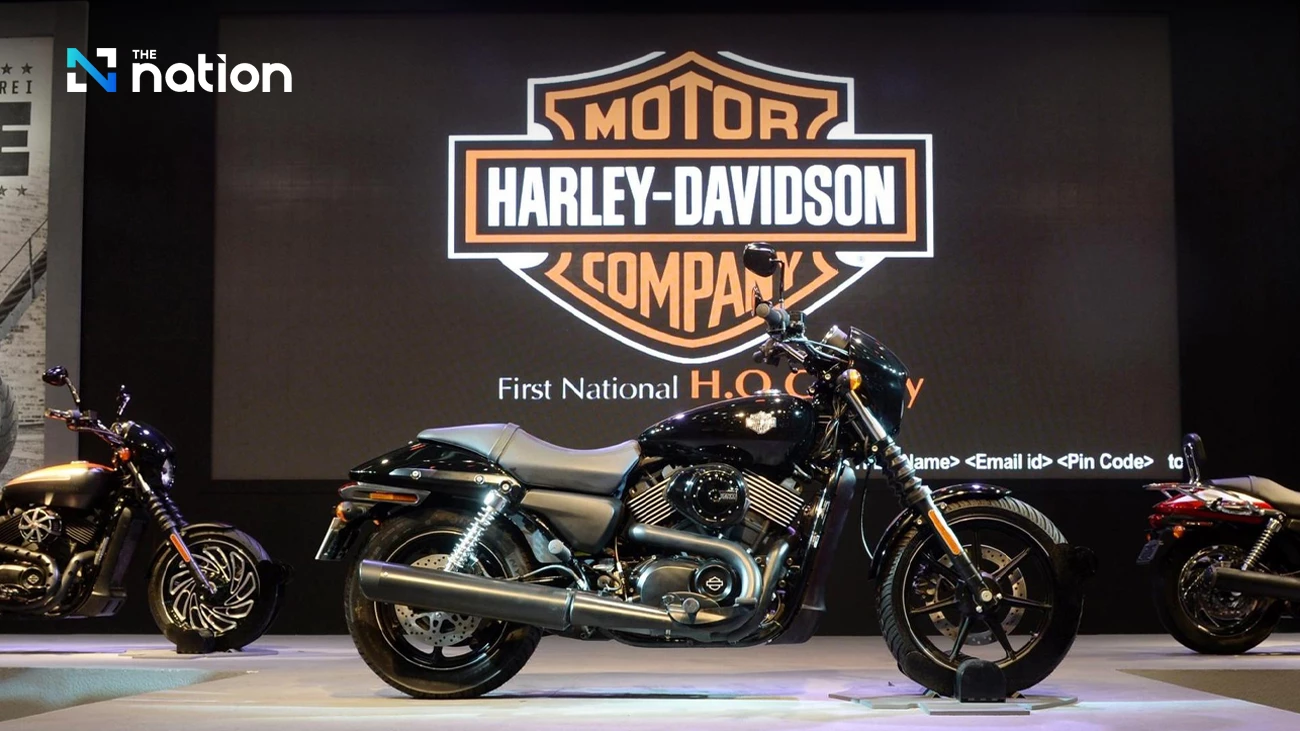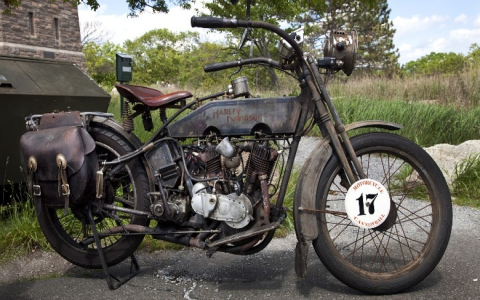So, everyone heard about Harley-Davidson making moves, specifically setting up shop in Thailand. Yeah, that whole thing. It wasn’t just a small news blip for some of us; it was a real gut punch, you know?

It’s not like they just opened a little showroom. We’re talking about production. Production! For Harleys! The chatter was immediate. Guys in the clubs, online forums, even the old timers at the local bike nights, everyone had an opinion. Some said it was smart business, tapping into new markets, cutting costs. Others, well, they felt it was chipping away at the soul of the brand. “American Iron,” they’d say, “how much of it is truly American anymore if it’s put together over there?” It really stirred the pot, let me tell you.
My Take on It All
You see, it wasn’t just about tariffs or global strategy for me. It hit a bit closer to home. People often ask me why I get so worked up about these company decisions. It’s not like I own stocks or anything. But I do have my reasons, born from a pretty specific experience that really opened my eyes.
Let me tell you why this whole Thailand thing really got under my skin. Back around that time, my local riding chapter, a bunch of us old-school Harley guys, we were deep in planning mode. We had this grand idea for a cross-country ride. The theme? “American Steel, American Soul.” The big finale was supposed to be a tour of the York, Pennsylvania plant. We’d been saving, coordinating, getting patches made – the whole nine yards. We wanted to see where these machines we loved were born, touch the history, you know? A real pilgrimage for us.
Then the news about the Thailand plant expansion started getting louder and more concrete. It wasn’t just rumors anymore. And suddenly, our “American Steel” theme felt… well, complicated. The debates started almost immediately within our group. It was intense.
- One faction was like, “So what? It’s a global company now. Get with the times. Cheaper bikes might even be good.”
- Another was completely disillusioned. “They’re selling out,” they’d argue. “It won’t be the same. The quality, the pride, it’s all going.”
- And some, like me, were just trying to figure out what it all meant for the bikes, for the identity we cherished.
Our big trip? It kind of fizzled out. The enthusiasm took a massive hit. Some guys dropped out. The arguments got a bit too heated, and the whole thing just lost its shine. We never made it to York as a group. That experience, seeing our little community project, something we were all so passionate about, fall apart because of this distant corporate decision, that’s what made me really pay attention. It wasn’t just a headline anymore; it was something that directly impacted my passion and my friendships. I spent a lot of time thinking about it afterwards, trying to understand all sides.

So when I talk about Harley and Thailand, it’s not just academic. It’s personal. I saw firsthand how these big moves can ripple down and affect the regular folks, the ones who live and breathe the brand. It made me dig deeper into what was happening, why they were doing it, and what the real-world consequences were, not just for the company’s bottom line, but for the spirit of the thing. It’s a bit like finding out your favorite local bakery, the one famous for its generations-old recipe, started outsourcing its dough from a factory overseas. It just doesn’t feel the same, does it?
That’s why I’ve kept an eye on it ever since. It’s not about being against change, but about understanding what we lose, and what we gain, when things like this happen. And for a brand built so heavily on heritage and a specific kind of identity, those are pretty big questions to ask, and ones I still ponder on long rides.
